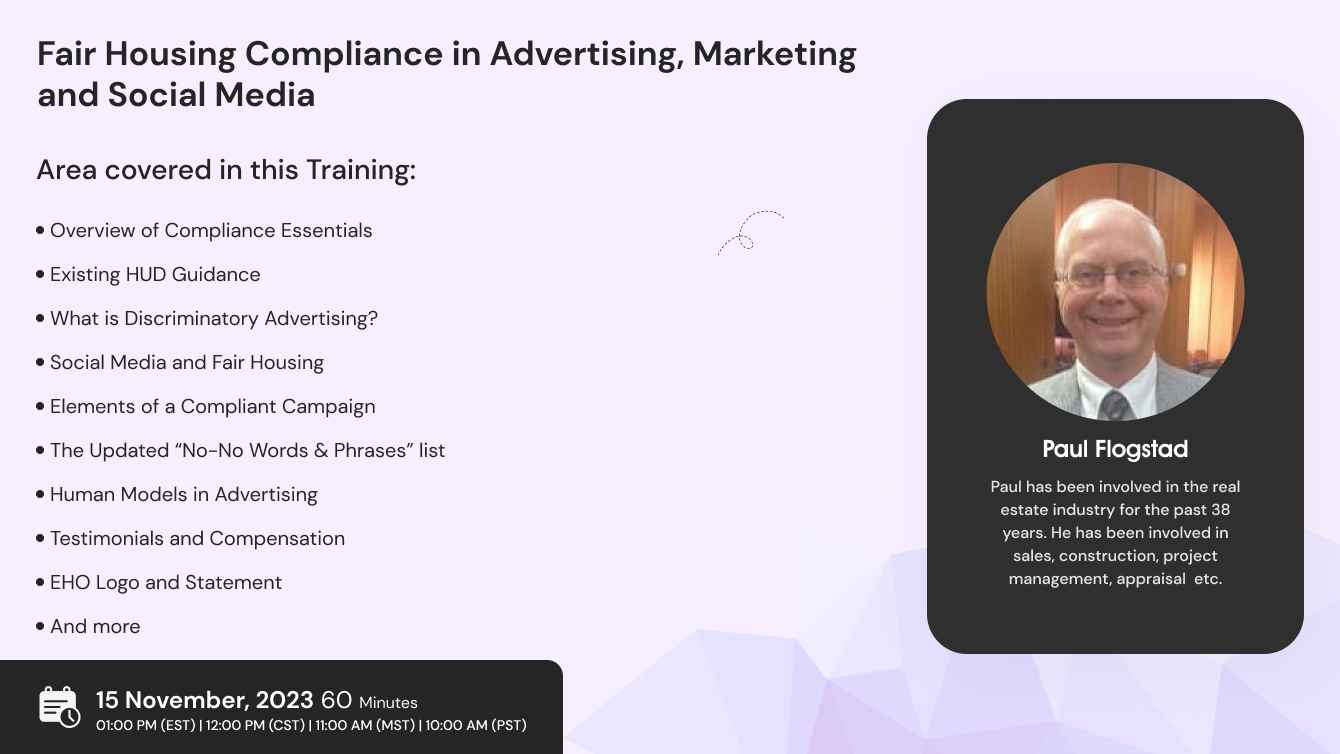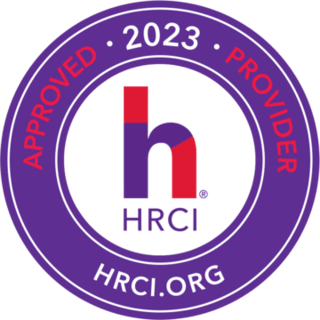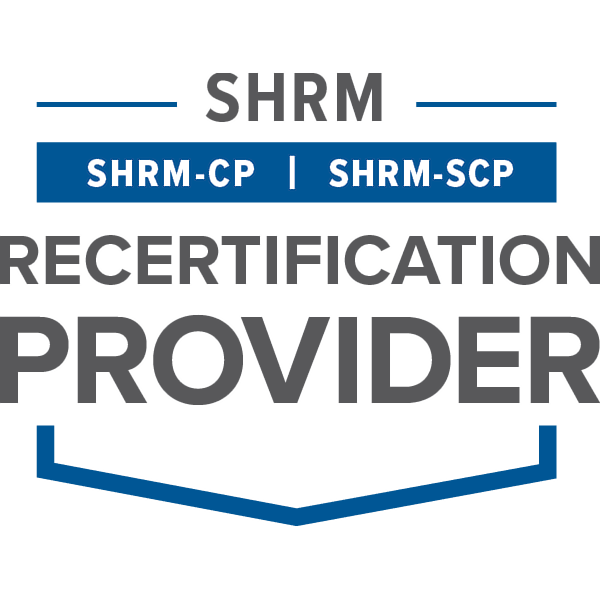- Topics
- Webinars
- Products & Services
- Customer Help
- Resources



In nearly all housing, including private housing, public housing, and multi-housing that receives federal funding, the Fair Housing Act prohibits the making, printing and publishing of advertisements that indicate a preference, limitation or discrimination because of race, color, religion, sex (including gender identity and sexual orientation), disability, familial status, or national origin. The prohibition applies to publishers, such as newspapers and directories, as well as to persons and entities who place real estate advertisements in newspapers and on websites. It also applies where the advertisement itself violates the Act, even if the property being advertised may be exempt from the provisions of the Act. Other federal civil rights laws may also prohibit discriminatory advertising practices.
The increasing scrutiny of practically everything multifamily professionals do and say certainly includes our advertising and marketing activities as well as our social media presence. There is a heightened sensitivity to the words and images we use and the lifestyle we portray. Since fair housing compliance is about the impact, and not the intent, of our words and actions, we must closely examine all of our advertising, marketing and social media content to make certain that we don’t cross the line into non-compliance. In this session we’ll examine HUD guidance, the evolving argument about social media responsibility, the use of human models, paid testimonials, the use of that funny little house logo and the ever popular “No No Words & Phrases” List!
· Overview of Compliance Essentials
· Existing HUD Guidance
· What is Discriminatory Advertising?
· Social Media and Fair Housing
· Elements of a Compliant Campaign
· The Updated “No-No Words & Phrases” list
· Human Models in Advertising
· Testimonials and Compensation
· EHO Logo and Statement
Federal law requires that applicants for participation in HUD’s subsidized and unsubsidized housing programs pursue affirmative fair housing marketing policies. This is to help ensure that individuals of similar income levels in the same housing market area have a like range of housing choices available to them regardless of their race, color, religion, sex (including gender identity and sexual orientation), disability, familial status, or national origin.
We will cover many examples of advertising that may violate the Act include phrases such as “no children,” which indicates discrimination on the basis of familial status, or “no wheelchairs,” which indicates disability discrimination. This seminar will concentrate on the topic of correct advertising so to stay in compliance with fair housing regulations.
We will discuss what terms you should use when advertising your property. What is the best wording to use in advertising your vacancies. You need to scribe the property, not the potential tenants. We will cover examples of housing discrimination in advertising and what words are not allowed in real estate advertising.
· Property Managers
· Property owners
· Leasing Consultants
· Housing Authority Staff
· Compliance staff
· Developers

Paul has been involved in the real estate industry for the past 38 years. He has been involved in sales, construction, project management, appraisal, property management, and property management consulting/training.
Through his consulting company, Property Management Solutions, he provides training and consulting services nationwide to owners, management companies, multi-housing associations, as well as state and federal agencies.
He specializes in fair housing issues and has developed fair housing and outreach programs for governmental agencies as well as conducting seminars which are presented to property management companies, apartment associations, and the general public nationwide. Most recently, he has been a consultant to the State of South DakotaSept
For over twenty years he was involved in the appraisal of residential, multi-family, farm, and commercial properties throughout the Midwest. Most recently, he was a consultant for affordable, multi-housing properties in 22 different states. This involved properties in HUD, Rural Development, HOME, and Tax Credit programs.
Sign up now on clatid.io. Visit clatid.io/webinar to discover a wide range of webinars from industry specialists. Tick on either ‘live webinar’ or ‘on-demand’, and simply click on ‘buy now’ to get enrolled.
You can refer Clatid to anyone in your social circle. Explore your industry with your colleagues by getting them signed up on clatid.io today!
Go for the topic of your keen interest on clatid.io. Tick on ‘live webinar’ and get enrolled! Easy registration, transparent transaction.
You can request for an on-demand webinar that records the live webinar for you. After the webinar ends, you will have full access to the webinar’s recording. You can also explore Clatid offline to order your webinar DVDs, flash drives and transcripts.
If you can’t attend the live webinar, simply go for the ‘on-demand webinar’ for the same price! Now, the live webinar recording will be saved in a cloud storage for you to access anytime from anywhere.
Clatid offers both hard and soft copies of the webinars. It contains all the highlights as well as comprehensive descriptions of the webinar, so you never miss out a single detail.
After attending the live webinar, your certificate will be emailed to you. You can download it and add more charm to your professional score.
At the end of each webinar, you have the opportunity to interact with your industry experts, where you will get answers to all your queries.
Can’t attend the live webinar? Clatid has got you covered! You can always switch to the on-demand webinar from your portal. You can also get your hands on the webinar’s DVD/flash drive and transcript. So order them now!
Clatid brings a variety of options for offline learning. Order your DVDs, flash drives or transcripts now to have a lifetime access to Clatid webinars. You can also go for on-demand recordings. Download and watch it anytime from anywhere in the world!


